Blessed are we no more
Much as there is sympathy for migrants streaming into Europe, the families of the victims of the latest earthquake or flood and shock at the unending violence between Israelis and Palestinians, it is no longer a simple blessing that Zimbabwe is so far away from all of it.
On the way to Glen Forest Memorial Park to bid farewell to an old friend, there is the inescapable sight of sprawling shanties and shacks going up all the way from ritzy Borrowdale, home of politicians and the elite, to the cemetery. As far as the eye can see, wretched hovels – some of black plastic sheets – resemble the worst of those endured by refugees and the internally displaced worldwide. Cement mixers are used at Glen Forest to pour concrete over interred coffins to stop grave robbers coming in from among the encroaching poor.
So what’s the problem? It is the underdeveloped Third World after all, exploited by rich powers across the globe for decades. Urban Zimbabwe has a housing backlog of 500,000 homes. Like everywhere else, it has mansions and slums. The slum dwellers aren’t affected by the water and 18-hour electricity cuts sweeping the country; they never had any in the first place. Many have old car batteries to run a radio or TV. They seem a whole lot more cheerful than the comparatively well-to-do right now. At least they are not shivering or withering in a northern hemisphere winter, but the southern hemisphere’s upcoming rains will bring disease and quagmire.
(click arrow for audio)
In city suburbs, the dawn chorus – it starts just before the power goes off for the day – is more riotous than ever before. Why is this? Ornithologists say it is because the trees on the outskirts of the towns have been cut down by illegal settlers for firewood and the ecological balance elsewhere has been upset by desertification, deforestation and the collapse of organised farming. The songsters are finding refuge, for now at any rate, in leafy suburban gardens.


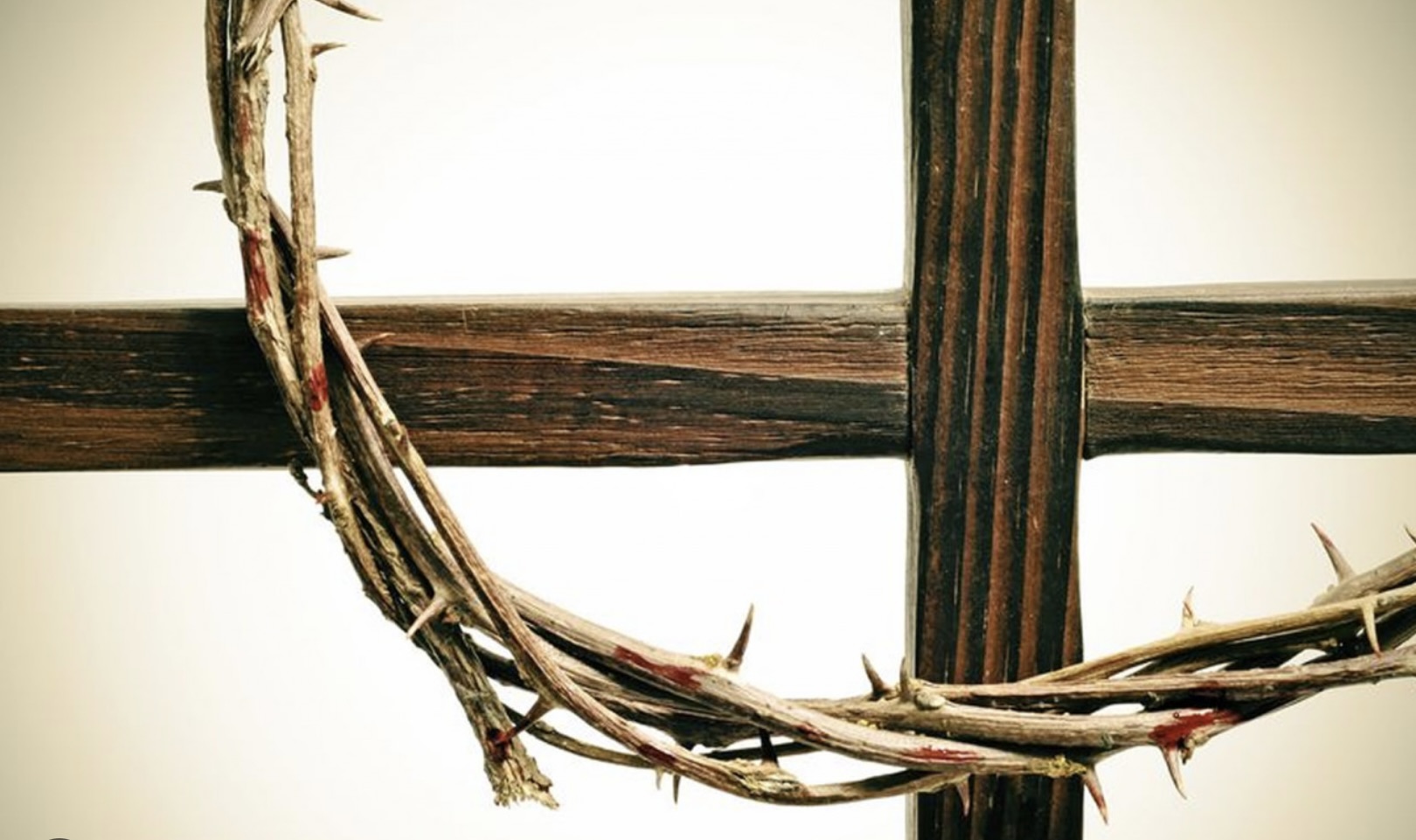


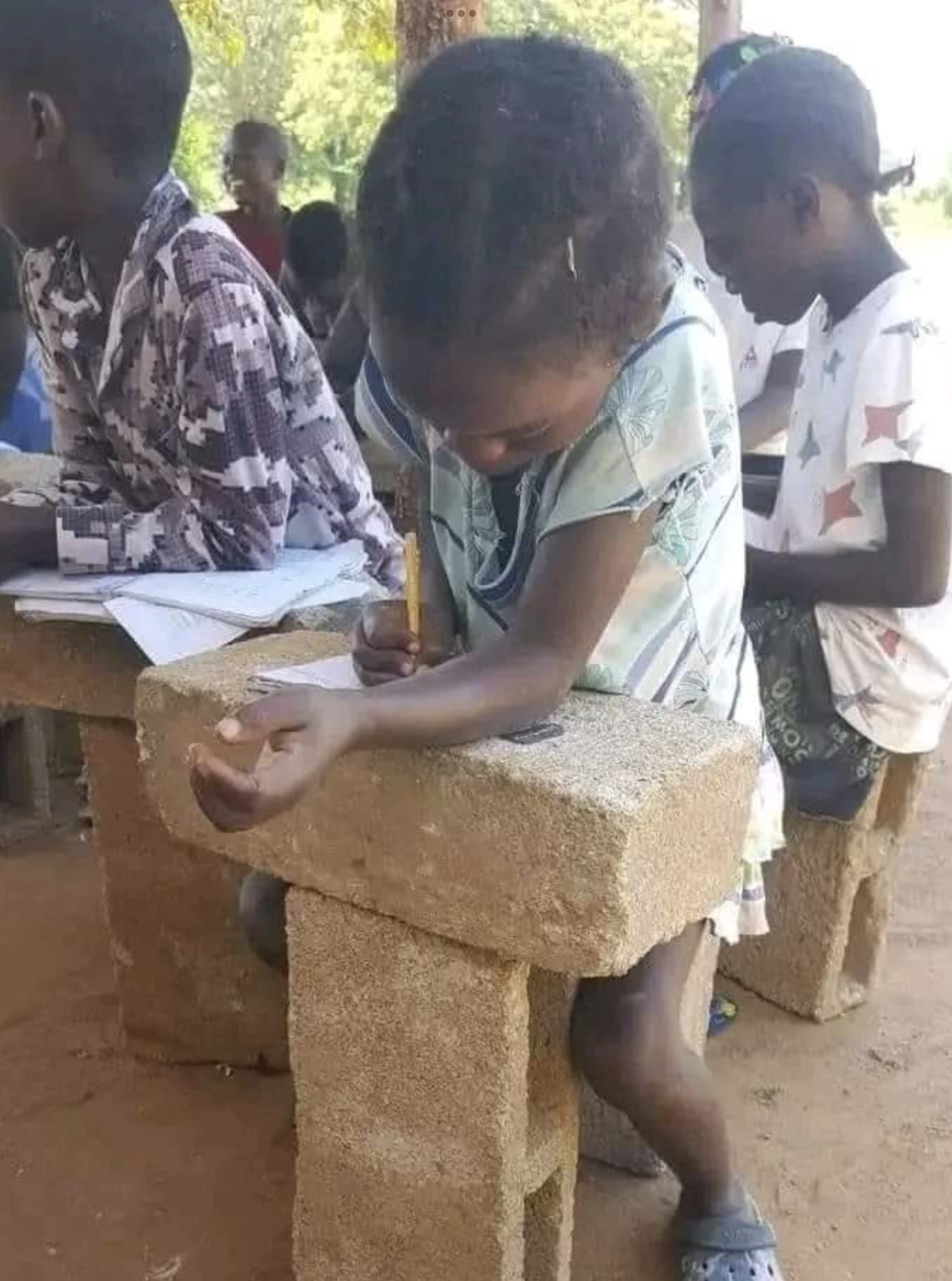

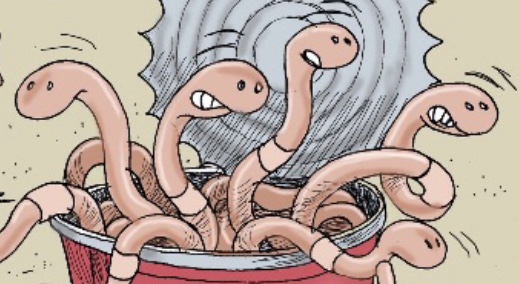

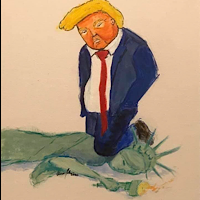


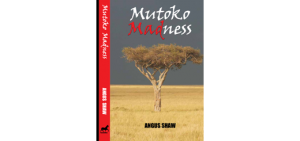
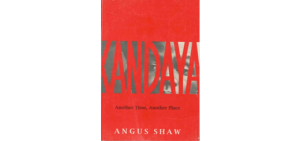
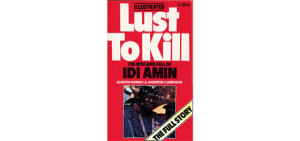
Angus, where can i buy physical copies of your books ?